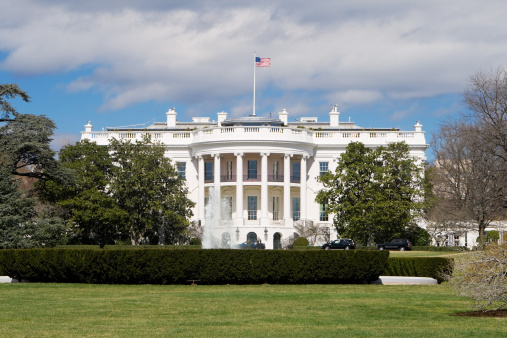Using his most direct language ever, President Obama said on Friday that the proposed Keystone XL pipeline is “not going to be a huge benefit to U.S. consumers.” That has been pretty clear for a while now, but the President went on, “It’s not even going to be a nominal benefit for U.S. consumers.”
A decision from the president — actually from the State Department, but who’s the boss? — has been delayed/avoided for three years and counting. Congressional Republicans tried to force Obama’s hand in 2011 by threatening a government shutdown if he did not make a decision on the proposal by February of 2012. The threat backfired when Obama rejected the pipeline and sent the $7 billion project back to TransCanada Corp. (NYSE: TRP) for revision and resubmission.
In mid-November at a press conference from Burma, where he was attending a meeting with Asian leaders, President Obama said that he must “constantly push back against this idea that somehow the Keystone pipeline is either this massive jobs bill for the United States or is somehow lowering gas prices.” Until Friday’s press conference, those were his strongest words to date on Keystone XL.
We have said for some time now that President Obama will reject the Keystone XL pipeline. The main arguments supporting the massive project are jobs and energy independence. Job gains, after the two-year construction phase, are tiny. In 2010 or 2011 when the recession made the construction jobs more attractive, the project made some sense as jobs bill.
As of the end of November, though, the unemployment rates in the three states the pipeline will traverse are among the lowest in the nation: Montana, 4.3%; South Dakota, 3.3%; and Nebraska, 3.1%.
U.S. energy independence replaced lower gasoline prices as a reason to build the pipeline after several studies indicated that Keystone XL might in fact raise gasoline prices in the United States.
There will be winners and losers, no matter which way the president decides. Right now, though, it is not looking good for producers in Canada’s oil sands.
ALSO READ: How Oil Is Hurt by US, and Why It Goes Back Up in 2015
The Average American Is Losing Their Savings Every Day (Sponsor)
If you’re like many Americans and keep your money ‘safe’ in a checking or savings account, think again. The average yield on a savings account is a paltry .4% today, and inflation is much higher. Checking accounts are even worse.
Every day you don’t move to a high-yield savings account that beats inflation, you lose more and more value.
But there is good news. To win qualified customers, some accounts are paying 9-10x this national average. That’s an incredible way to keep your money safe, and get paid at the same time. Our top pick for high yield savings accounts includes other one time cash bonuses, and is FDIC insured.
Click here to see how much more you could be earning on your savings today. It takes just a few minutes and your money could be working for you.
Thank you for reading! Have some feedback for us?
Contact the 24/7 Wall St. editorial team.



